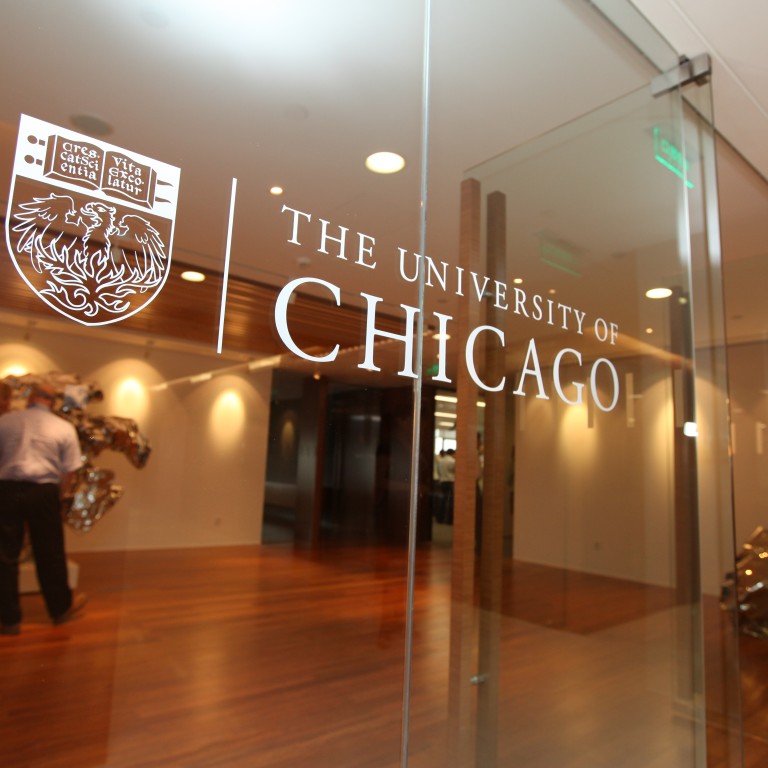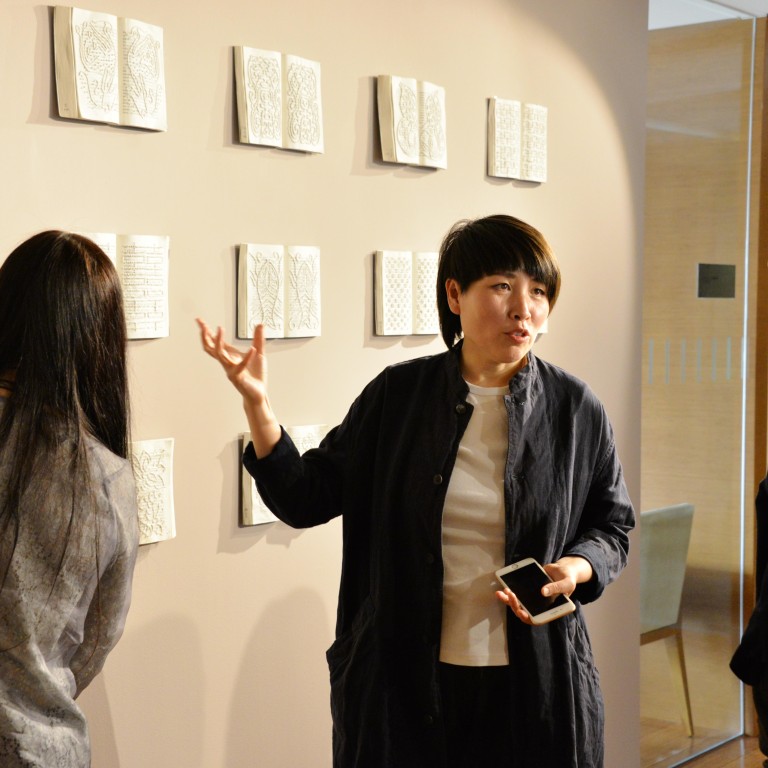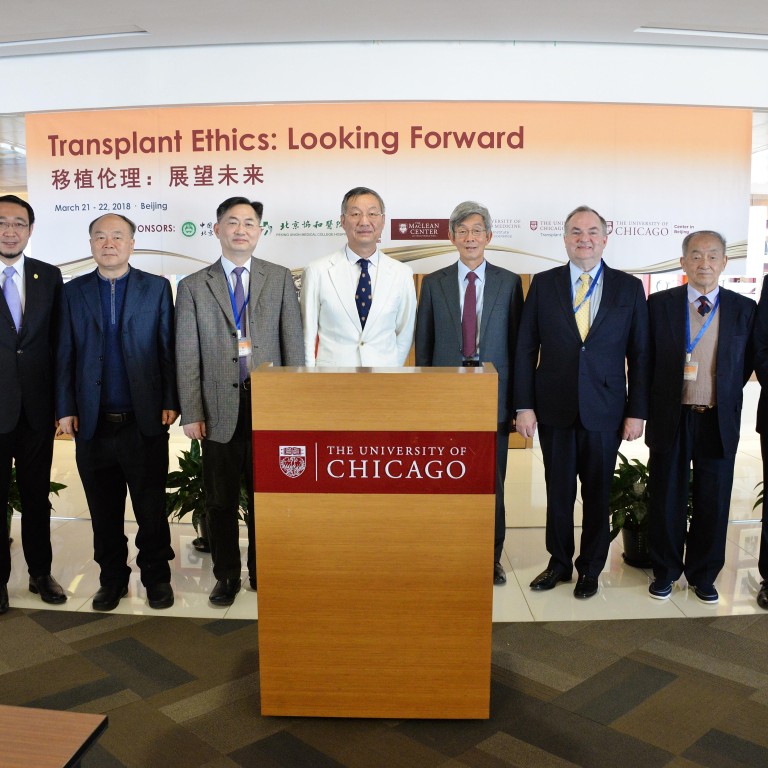On May 20, Dali Yang, Faculty Director of University of Chicago Center in Beijing, spoke at the China Sciences and Humanities Forum, the flagship series of the University of China Academy of Sciences (former Graduate School of the Chinese Academy of Sciences).
In the talk entitled “Chinese Governance in the Age of Globalization”, Yang discussed how the challenge of the middle income trap can be resolved in the Chinese context. The lecture was widely reported in the media-- as of May 20, 2013, twenty-five notable Chinese media sites, including sina.com and people.cn, have reposted this chinanews.com report.
Chinanews.com report with English translation:
中新网北京5月20日电 (记者 马海燕)美国芝加哥大学北京中心主任杨大利教授在中国科学院大学举行的“中国科学与人文论坛”报告会上表示,面对跨越“中等收入陷阱”这一大挑战,中国要保证财富分配效果,解决收入不公带来的系列问题。
University of Chicago Center in Beijing Faculty Director Dali Yang delivered a talk at the China Science and Humanities Forum held by the University of Chinese Academy of Science on May 20. He suggested China needs to ensure that wealth is well-distributed and that issues resulting from income inequality are solved in order to face the challenge of the middle income trap.
杨大利在这篇题为《全球化背景下的中国治理》的报告中,从经济、民生、人口等方面对中国的快速增长做了分析,针对中国在发展中遇到的经济可持续增长、公平正义、环境污染等问题,重点阐述了公共信任、民众幸福感与政府管理的关系。
In the report titled ‘Chinese Governance in the Age of Globalization’, Dali Yang analyzed rapid development in various aspects and discussed development issues such as the sustainability of economic growth, social justice and environmental degradation, exploring relationships among public trust, happiness and governance.
杨大利说,中国几十年的经济发展取得了世界瞩目的成就,已经达到了中等收入水平。但自20世纪以来,鲜有国家能实现从中等收入向高收入水平转变,大多数曾经发展较快的国家都陷入了“中等收入陷阱”。面对跨越“中等收入陷阱”这一大挑战,中国要保证财富分配效果,解决收入不公带来的系列问题。
According to Professor Yang, the decades of economic growth in China have resulted in remarkable achievements and brought the country to the middle income level. However, since the 20th century, few countries have managed to transition from middle-income to high-income levels, with most fast-growing countries getting caught in the middle income trap. In the face of this challenge, China has to guarantee effective distribution of wealth and resolve various issues derived from income inequality.
杨大利认为,中国的快速发展,也带来了一系列负面问题,引起民众对水污染、空气质量、食品安全等民生方面诸多的不安全感。面对这些问题,政府应加强社会管理,推进政府改革,扩大民众参与度,重塑政府与社会的关系。
Dali Yang holds that China's rapid development has also unveiled a series of negative consequences-- increased public insecurity about water pollution, air quality, food safety and other quality of life issues. Faced with these problems, the government should strengthen social management, facilitate government reform and enlarge popular participation to reshape the state-society relationship.
在谈到现代会社会管理风险时,他表示,要在生活标准提高的同时提升财富和个人的价值,关注民生,提高民众幸福感。未来的中国将要进入特别发展时期,好的政府管理关键在于提高效率、保证公平正义,加强问责制和法制建设。
When talking about risk management in modern society, he suggested personal wealth and individual values should be enhanced while improving the general standard of living and that people's livelihoods be emphasized in order to increase public happiness. In the future, as China enters a special period of development, good governance will come from improved efficiency, guarantees of fairness and justice, stronger accountability and an enhanced legal system.



